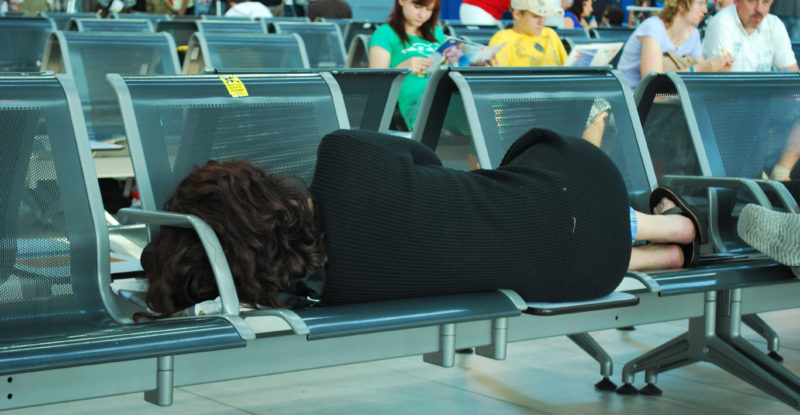
The GAO report looked at trends in both voluntary and involuntary denied boardings at airlines, and at passenger complaints submitted to the DOT from 2012 through 2018. The GAO also reviewed seven airlines’ overbooking and denied boarding policies: American Airlines, Delta Air Lines, Frontier Airlines, JetBlue, Spirit Airlines, Southwest Airlines, and United Airlines.
Combined, fewer than 1% of passengers are denied boarding. For every 100,000 passenger boardings in 2018, only 43 passengers were voluntarily denied boarding and about one passenger in 100,000 was involuntarily denied boarding.
The GAO had previously found that for every complaint submitted to the DOT, airlines received 50 complaints. It has requested complaint data from airlines, but airlines argue that this information is proprietary.
Airline actions to reduce overbooking have helped. Importantly, some airlines have also stopped overbooking as an operational practice.
But, as mentioned, airlines have also benefitted from regulatory exceptions to rules for denied boarding compensation. The DOT’s 14 C.F.R. § 250.5 rule states that passengers are not eligible for involuntary denied boarding compensation under certain circumstances including aircraft change.
As a result, the airline had to deny passengers boarding involuntarily, and these passengers were not eligible for compensation”.
At the same time airlines are increasing their compensation to consumers who are involuntarily denied boarding. Consumer advocates are asking for greater airline transparency on compensation.
Collected and summarized from the source below by Minh Pham https://runwaygirlnetwork.com/2020/01/08/gao-finds-fewer-reports-of-involuntary-denied-boarding-by-us-airlines/

